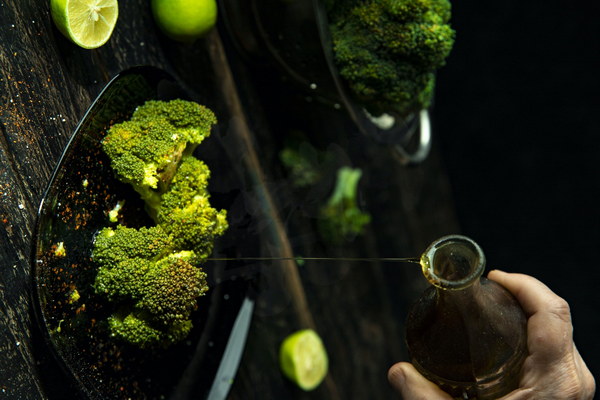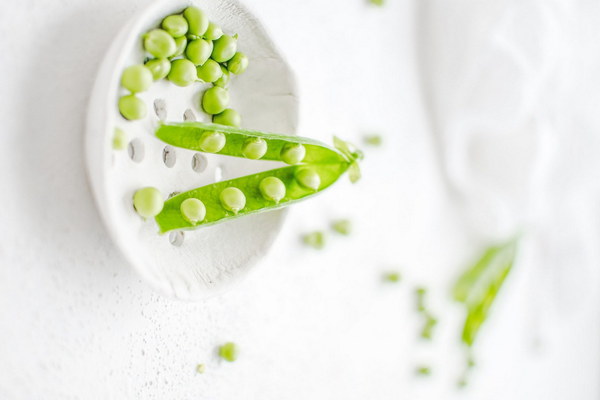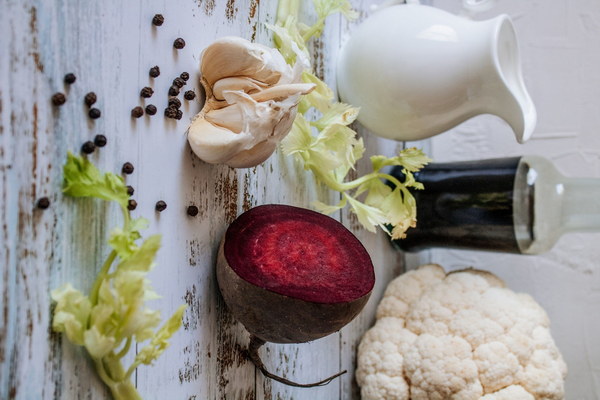The Science of Skincare Unveiling the Secrets to Ageless Beauty
In the world of skincare and beauty, the quest for timeless beauty is a journey that has been pursued for centuries. Advances in science and technology have brought us closer to understanding the secrets behind radiant, youthful skin. This article delves into the science of skincare, exploring the latest trends, ingredients, and techniques that can help us achieve that elusive ageless beauty.
The Skin's Structure and Function
The skin is the largest organ of the human body, serving as a protective barrier against external elements and a reflection of our internal health. Understanding the structure and function of the skin is the first step in effective skincare.
The skin consists of three main layers: the epidermis, dermis, and hypodermis. The epidermis, the outermost layer, is composed of dead skin cells that are continuously shed and replaced by new cells from the dermis. The dermis, located beneath the epidermis, contains collagen and elastin, proteins that give the skin its elasticity and firmness. The hypodermis, the deepest layer, is primarily made up of fat cells and connective tissue.
Key Ingredients in Skincare Products
Skincare products are formulated with a variety of ingredients designed to address specific skin concerns. Here are some key ingredients to look out for:
1. Hydration: Ingredients like hyaluronic acid, glycerin, and aloe vera help to retain moisture in the skin, keeping it plump and hydrated.
2. Antioxidants: Vitamins C and E, green tea, and resveratrol protect the skin from environmental stressors, such as UV rays and pollution, which can accelerate aging.
3. Retinoids: These include retinol, retinaldehyde, and tretinoin, which are derivatives of vitamin A. They stimulate cell turnover and can improve the appearance of fine lines and wrinkles.
4. Peptides: These small proteins can boost collagen production and improve skin texture.
5. Sunscreen: Broad-spectrum sunscreen with an SPF of 30 or higher is essential for protecting the skin from harmful UV rays, which are a major contributor to skin aging.
Advanced Skincare Techniques

In addition to topical treatments, there are several advanced skincare techniques that can help achieve optimal results:
1. Chemical Peels: These treatments use a chemical solution to exfoliate the outer layers of the skin, revealing a fresh, younger-looking complexion.
2. Microdermabrasion: This non-invasive procedure uses a stream of tiny crystals to remove the outer layer of skin, smoothing out imperfections and promoting collagen production.
3. Laser Therapy: Lasers can be used to treat a variety of skin issues, including acne scars, hyperpigmentation, and wrinkles, by stimulating collagen production and improving skin texture.
4. Facial Treatments: Professional facial treatments, such as extractions and dermaplaning, can help to unclog pores and remove dead skin cells, leaving the skin feeling clean and rejuvenated.
The Importance of a Skincare Routine
A consistent skincare routine is the cornerstone of any beauty regimen. This includes cleansing, exfoliating, moisturizing, and applying sunscreen daily. It's also essential to tailor your routine to your skin type and concerns, as different skin types may require different products and treatments.
Healthy Lifestyle Choices
While skincare products and treatments can make a significant impact, a healthy lifestyle is equally important. This includes a balanced diet rich in fruits, vegetables, and omega-3 fatty acids, staying hydrated, getting enough sleep, and avoiding smoking and excessive alcohol consumption.
Conclusion
Achieving ageless beauty is a multifaceted endeavor that involves a combination of skincare knowledge, products, and lifestyle choices. By understanding the science behind skincare, embracing advanced techniques, and maintaining a healthy lifestyle, we can all strive for that timeless, radiant glow. Remember, beauty is not just skin deep; it's about feeling confident and happy in our own skin.









